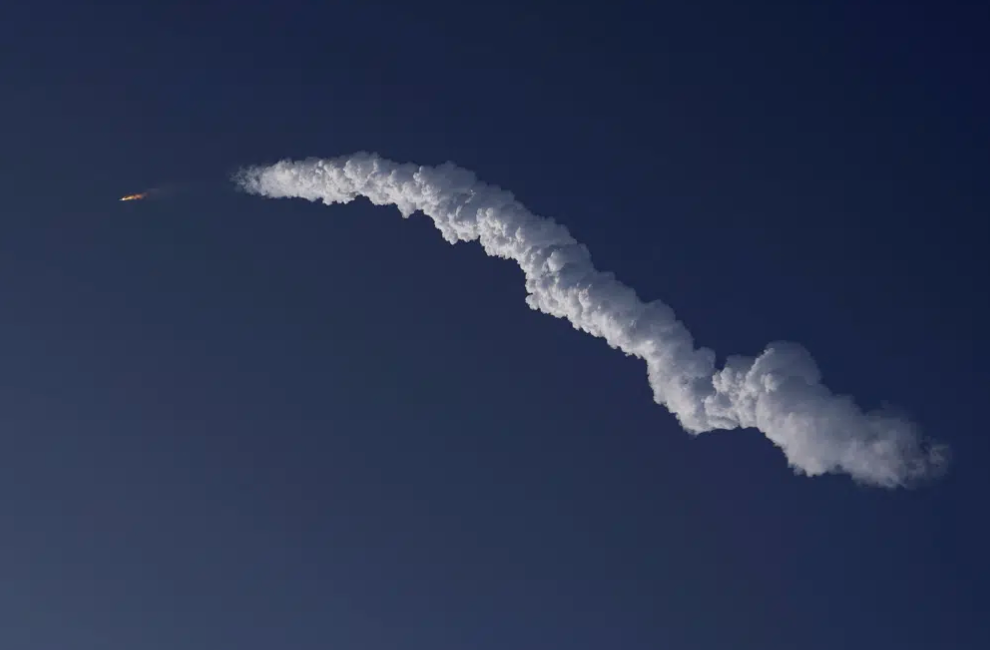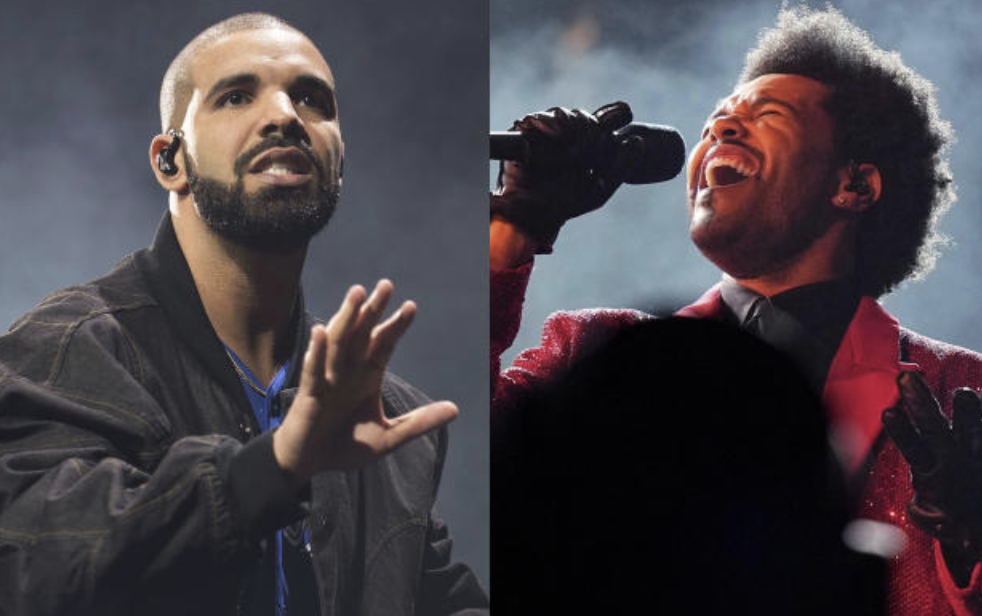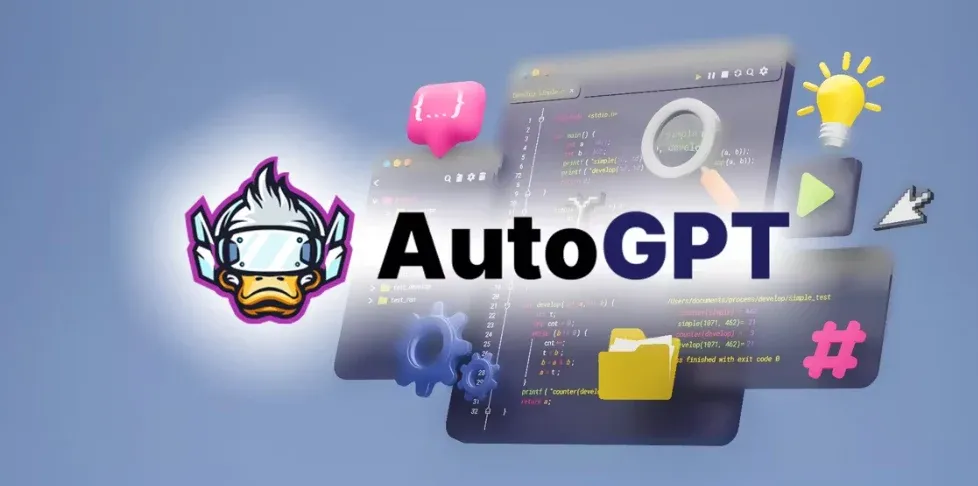
Dear Studio Fam,
Anyone who has run a startup knows the anxiety of a live demo, and this week we bring news of a live demo that was watched by millions and ended up with a literal explosion. We also take a look at a new spin on GPT technology, explore the possibility of lawsuits severely curtailing the growth of generative AI, and spotlight a new partnership between a major social media platform and a biometric ID company.
SpaceX Starship Launch Ends In “Unscheduled Disassembly”

After postponing its originally scheduled test flight earlier this week, the newly integrated SpaceX Starship + Booster exploded Thursday morning about four minutes after an otherwise successful liftoff. The official plan was for Starship to separate, circumnavigate the globe, and then crash into the Pacific Ocean while the booster lands on a barge near the launch site.
While certainly not the preferred outcome, the official purpose of the test was to evaluate the performance of the combined Starship + Booster, both of which have been successfully tested on their own. The combination of the two spacecraft, officially the tallest and most powerful launch vehicle ever constructed, is essential to fulfilling Elon Musk’s goal of making humanity into a multiplanetary species.
Generative AI Raises Tricky Questions About Copyright

The intersection of copyright laws and machine learning has become a contentious issue in recent times. With the increasing prevalence of GPT technology, there is a growing concern that its outputs constitute massive violations of copyrights held by writers, musicians, and visual artists. In fact, there are fears that courts could potentially ban GPT technology for violating copyright laws in the wake of recent take downs of AI generated music derived from the works of famous pop stars.
GPT technology relies on a vast corpus of data to generate human-like responses to various prompts. However, using copyrighted data to train GPT models has already resulted in legal consequences from music publishers. The implications of such legal actions could be dire, given that GPT technology is widely used in various industries, including finance, healthcare, and entertainment. Social media sites like Reddit have already begun the process of making sure they are paid by the makers of any GPT technology that has indexed Reddit content.
Other social media companies are taking a different approach, namely Twitter, whose owner Elon Musk has specifically stated he intends to sue Microsoft and OpenAI for illegally training its GPT models on Twitter content. That approach is reminiscent of the initial responses to Napster, which was explicitly banned by the courts for fostering mass violations of music copyrights more than 20 years ago.
While the power and potential of GPT is not in question, builders and investors should be wary of the fact that no legal framework exists to properly compensate the owners of the originating content. Indeed, entire countries have already begun to crack down. The entire GPT industry could be outright banned Napster-style pending the creation of such a framework.
Quick Guide To AutoGPT

GPT is a powerful technology that has so far been dependent on the user to craft intelligent “prompts” that instruct the underlying model how to perform. Enter AutoGPT, “an experimental open-source Python application…that can self-prompt.” This means users can craft more complicated prompts that otherwise would need to be broken down into discrete instructions. Here’s a rundown of some of the earliest demos:
- Research and Buy The Best Headphones
- Design A New Startup Pitch From Scratch
- Propose A New System For Healthcare
- Build An AI Stalker To Find Info About A Person
LinkedIn Partners with CLEAR for ID Verification

LinkedIn, the professional networking site, announced its partnership with CLEAR, the biometric identity verification service used by frequent business travelers to speed up the process of checking in at the airport. This partnership will provide LinkedIn users with the option to verify their identity and employment through CLEAR, without any additional cost.
This move by LinkedIn is expected to improve the trustworthiness and reliability of user profiles on the platform, as employers can now be assured that the information provided by the user is accurate and verified. It also enhances the user experience by reducing the time and effort required to verify their identity and employment status. The partnership shows the growing importance of biometric authentication in various industries, as more and more companies are adopting this technology to streamline their operations and improve security.

